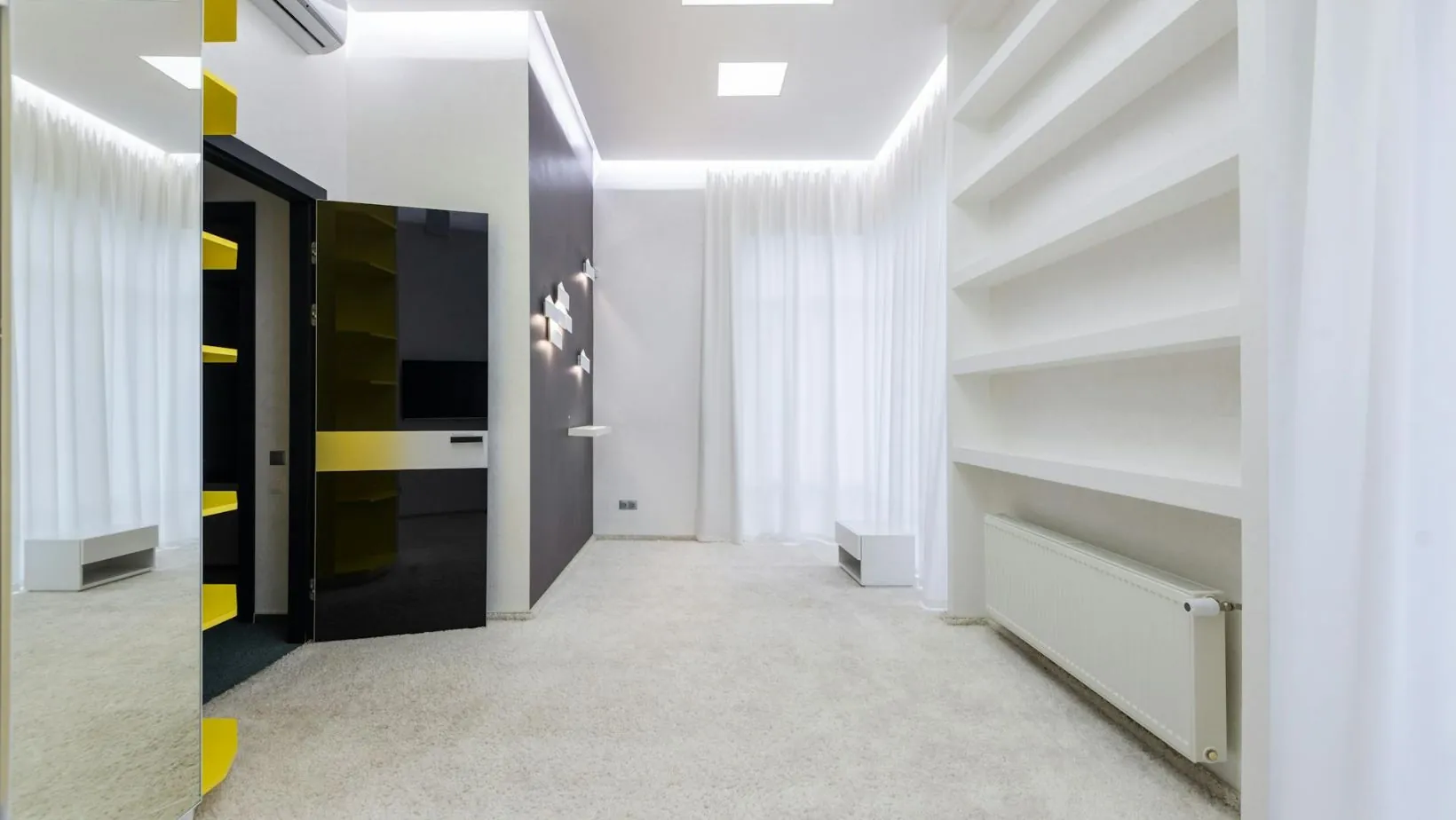Imagine stepping into a toasty home on a chilly winter day. The comforting warmth envelops you, chasing away the outside frost. This blissful feeling is a gift of central heating, a system that efficiently distributes heat throughout your entire house. But if you’re considering heat pump installation for the first time, the process might seem daunting. Fear not! This comprehensive guide equips you with the knowledge you need to navigate the world of central heating installation, from understanding the different systems to making informed decisions and ensuring a smooth installation process.
Understanding Central Heating
Central heating goes beyond just a single heater. It’s a network of interconnected components that work together to deliver warmth throughout your home. Here’s a breakdown of the key elements:
- Boiler: The heart of the system, the boiler heats water or air, depending on the type of system you choose.
- Fuel Source: Boilers can run on various fuels, including natural gas, oil, propane, electricity, or even renewable sources like biomass.
- Radiators or Electric Underfloor Heating: These are the heat emitters that transfer heat from the boiler water or air to the surrounding air in your rooms.
- Controls: Thermostats and other controls allow you to regulate the desired temperature in your home.
- Pipework: A network of pipes carries heated water or air from the boiler to the radiators or underfloor heating system.
Choosing the Right Central Heating System
With various central heating systems available, selecting the right one for your home is crucial. Here are some key factors to consider:
- Fuel Source: Natural gas is often a popular choice due to its efficiency and cost-effectiveness. However, consider factors like availability and local pricing of different fuels.
- Radiators vs. Underfloor Heating: Radiators are a traditional option, offering relatively quick installation. Underfloor heating provides even heat distribution but requires more extensive installation work.
- Property Type & Size: The size and layout of your home influence the system’s capacity and layout. Consult with a qualified heating engineer for a tailored recommendation.
- Budget: Central heating installation can be an investment. Consider upfront costs, installation complexity, and long-term running costs (fuel efficiency) while determining your budget.
The Benefits of Central Heating
Investing in central heating offers numerous benefits for your home and lifestyle:
- Consistent Comfort: Bid farewell to drafty rooms and uneven temperatures. Central heating ensures consistent warmth throughout your entire house.
- Improved Energy Efficiency: Modern central heating systems operate efficiently, leading to lower energy bills compared to space heaters or inefficient fireplaces.
- Enhanced Property Value: A well-maintained central heating system can increase the value and marketability of your property.
- Convenience and Control: Central heating offers the convenience of controlling the temperature from a central thermostat, ensuring a comfortable environment tailored to your needs.
- Improved Air Quality: Some central heating systems can also incorporate air filtration and ventilation features, improving indoor air quality.
DIY or Hire a Professional?
While some aspects of central heating maintenance might be manageable for DIY enthusiasts, installation is a complex task best left to qualified professionals. Here’s why:
- Technical Expertise: Central heating installation involves gas or oil connections, boiler setup, pipework installation, and ensuring proper safety regulations are met. Mistakes can be costly and potentially dangerous.
- System Design: Qualified heating engineers can design a system that is optimally sized and configured for your specific home, ensuring efficient operation and optimal comfort.
- Building Regulations: Central heating installations often require compliance with building regulations. Professionals are familiar with these regulations and can ensure your system meets all the necessary safety and efficiency standards.
- Warranty Considerations: Many boiler warranties require professional installation to remain valid.
The Central Heating Installation Process:
If you choose to hire a professional, here’s a general overview of the installation process:
- Initial Consultation: A qualified heating engineer will visit your home to assess its size, layout, and existing infrastructure. They will discuss your needs, budget, and fuel source options.
- System Design & Quote: Based on the consultation, the engineer will design a central heating system tailored to your home. They will provide a detailed quote outlining the system components, installation costs, and timeline.
- Building Regulations & Permits (if required): The engineer might handle acquiring any necessary permits for the installation.
- Installation: Qualified technicians will install the boiler, pipework, radiators (or underfloor heating system), and controls according to the design plan.
- System Testing & Commissioning: Once installation is complete, the engineer will test the system thoroughly to ensure it functions safely and efficiently. They will also demonstrate how to operate the controls





